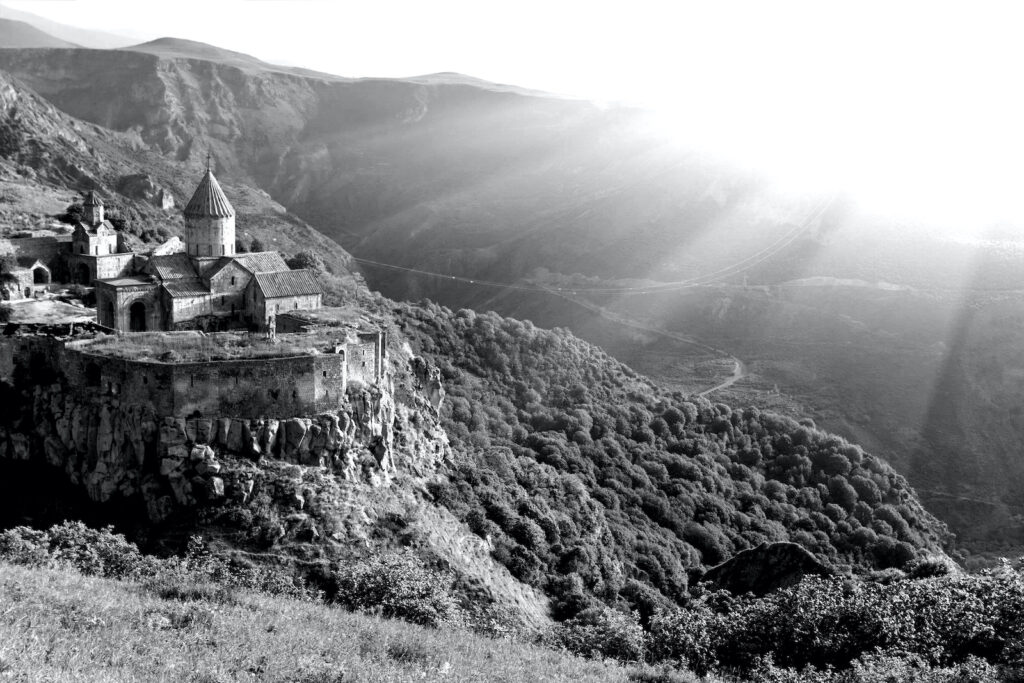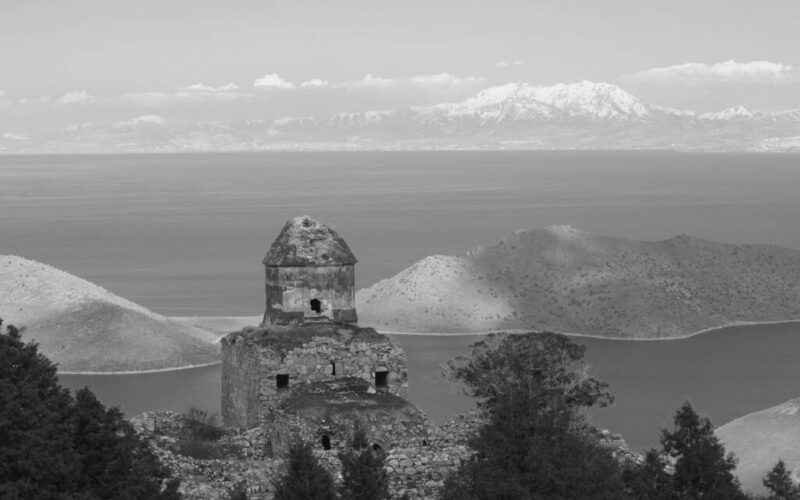The Armenian Genocide, also known as the Armenian Holocaust, stands as one of the most tragic and harrowing events in the annals of human history. Taking place during World War I, between 1915 and 1923, it was a systematic campaign of mass extermination carried out by the Ottoman Empire against its Armenian population. This article delves into the historical context, the horrors endured by the Armenian people, and the legacy that the genocide leaves behind.

Historical Background
To understand the Armenian Genocide, it is essential to grasp the complex political and cultural dynamics of the time. The Ottoman Empire, led by the Committee of Union and Progress, was facing internal strife and external pressures. Suspicion of Armenian loyalty to enemy forces and nationalist ambitions prompted the government to embark on a chilling path of extermination. The pretext was World War I, but the underlying motive was the desire to eliminate the Armenian presence from Anatolia.
The Horrors of the Genocide
The methods employed during the Armenian Genocide were brutal and inhumane. Armenians were forcibly deported from their homes, marched through the desert without food or water, and subjected to mass killings, rapes, and other atrocities. Concentration camps were established where countless Armenians perished due to starvation and disease. Estimates of the death toll vary but generally range from 600,000 to 1.5 million.
The Armenian Genocide left indelible scars on survivors and their descendants. Families were torn apart, cultural heritage was decimated, and a deep-seated trauma persists to this day. The global Armenian diaspora serves as a testament to the enduring impact of this tragedy.
Conclusion
The Armenian Genocide serves as a stark reminder of the horrors humanity is capable of perpetrating during times of conflict and political turmoil. It also highlights the importance of acknowledging historical atrocities, seeking justice, and preventing such events from recurring. Recognition of the Armenian Genocide remains a contentious issue on the international stage, with some nations officially recognizing it as genocide while others do not. As we reflect on this dark chapter in history, it is a solemn duty to remember the victims, honor their memory, and work towards a world where such atrocities are never repeated.







